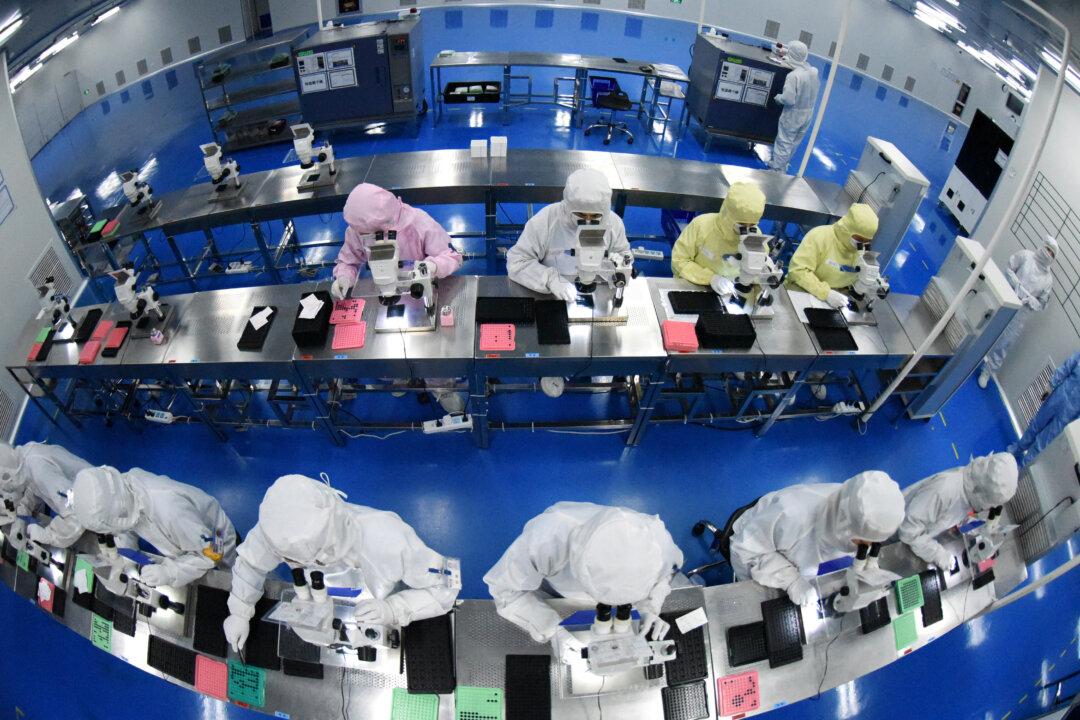BEIJING–China’s factory activity is expected to have pulled back for a second straight month in June, according to a Reuters poll of analysts, as domestic business conditions worsened and the protracted Sino-U.S. trade war hit demand.
The official Purchasing Manager’s Index (PMI) for June is expected to have edged up to 49.5 from May’s reading of 49.4, according to the median forecast of 20 economists. However, that’s still below the 50-point mark that separates expansion from contraction on a monthly basis.





